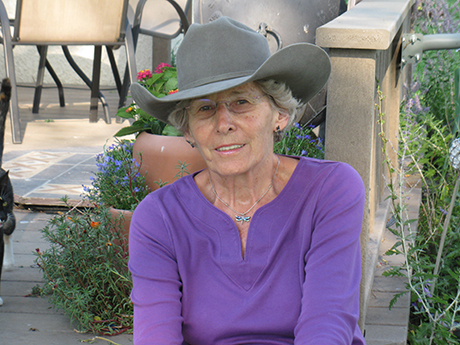When I was a kid, the radio was on at noon, and the unwritten rule was that no conversation took place until after Paul Harvey was done. I always liked the way he introduced the broadcast—Paul Harvey: news and comments, telling us upfront that some of his message was personal opinion. These days, most of what passes for news is personal opinion, but we aren’t warned about that. The other thing about Paul was that he was respectful in his comments. No name calling or character assassination.
Anyone who serves in public office, whether at the local or national level, must accept the premise that “sticks and stones can break my bones but words can never hurt me.” Not so; words can leave permanent scars.
There are things we can’t unsee; ask any soldier, cop, or medical person. This is also true of movies, TV and video games. Watching violent images shapes our character, whether we know it or not.
There are things we can’t unsay, and often wish we could, after the divorce, lost job, or estrangement of a family member. An apology helps, but some wounds never heal.
And there are things we can’t unhear. Often decades past, they still crop up from time to time to cripple our growth.
It may be a name that someone called you when they were under the influence, or just a phrase that was said in passing which echoes down the years; even a nickname that you hated and hoped to outgrow, but you’re in your seventh decade now, and people still call you by it.
A friend of mine will do almost anything to avoid writing something down, because she was a poor speller as a child, and her father called her stupid.
Fifty odd years ago, I tried on a hand-me-down from a deceased family member. It was something I needed badly and hadn’t been able to afford, and it fit. But another family member told me I’d never be good enough to wear anything that had belonged to the person who had died. I took it off, and did without for several years, believing I didn’t deserve to have anything nice. Eventually, the garment was passed along to another family member, and every time I saw it worn, I was reminded of my unworthiness.
I suppose you could say that the exchange influenced me to try hard to be a good human, but what is also true is that, to this day, those words affect the way I view myself. When someone says something kind about me, their voice is drowned out by that of the person who deemed me unworthy. After all, he knew me much better than the one who is presently speaking. It doesn’t matter that intellectually I know we are all beloved children of God; emotionally I can’t manage to outgrow the negative assessment delivered by someone whom I trusted.
What is it you wish you could unsee, unhear, or unsay? Admitting how those things affected the person you became might help you think twice before imprinting someone else’s life with negativity. In Biblical times, people were stoned to death, and in some cultures, that still happens. We Americans think we’re past that, but violent protests prove otherwise. Even if we never pick up a rock, or frozen water bottle, sarcasm and denigration can kill someone’s spirit. Better to go in peace.

